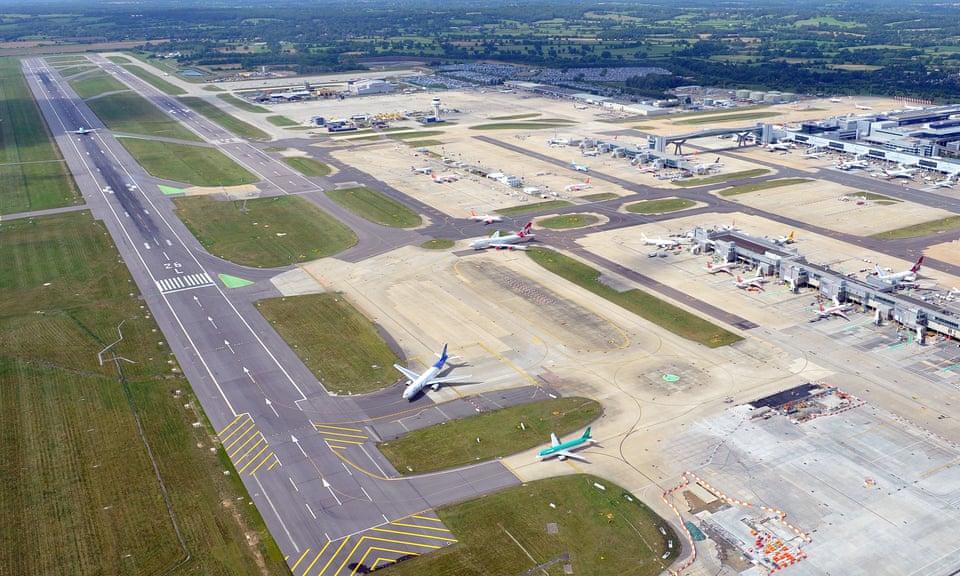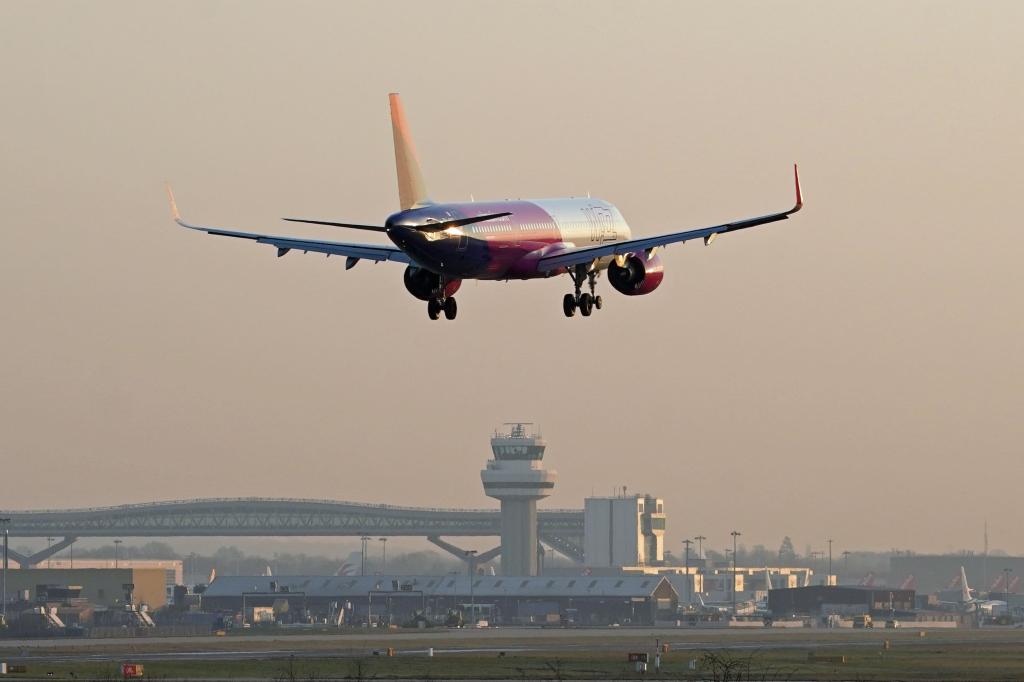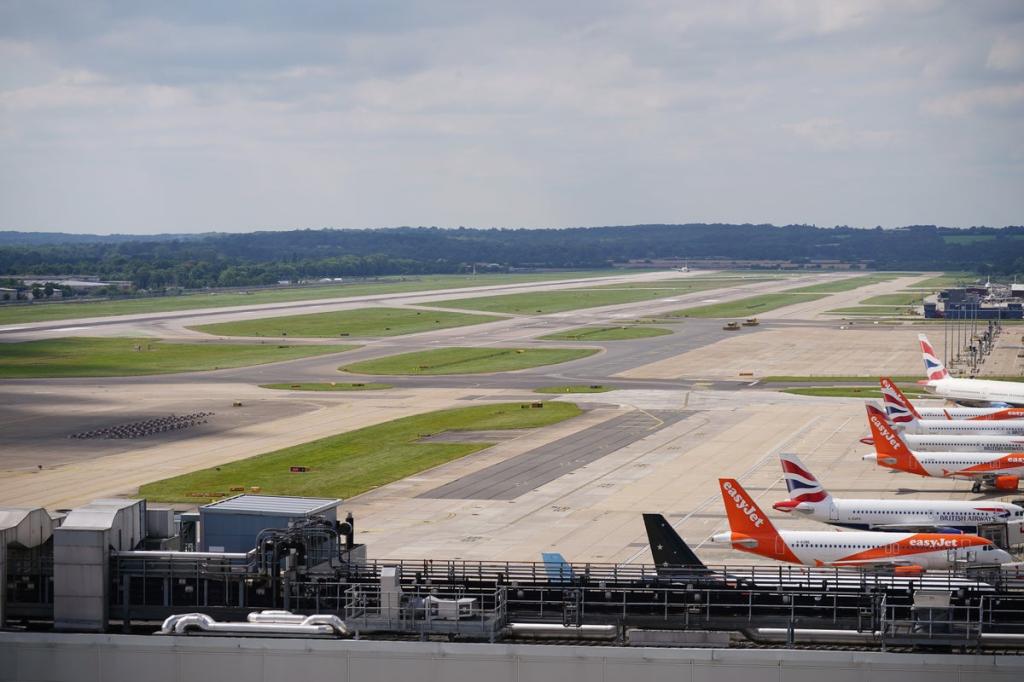Gatwick Airport Expansion Set to Boost Economy and Connectivity
Gatwick Airport's £2.2 billion expansion aims to enhance economic growth while addressing environmental concerns, reshaping the future of UK aviation.

Key Points
- Gatwick Airport
's £2.2 billion expansion plan includes relocating the emergency runway to accommodate up to 75 million passengers annually.
- The project aims to balance economic benefits, including the creation of 14,000 jobs, with environmental concerns such as noise mitigation and public transport access.
- Transport Secretary Heidi Alexander
's decision will set a precedent for future airport expansions in the UK amidst ongoing climate change discussions.
In a significant move for the UK aviation industry, the government has provisionally approved a £2.2 billion expansion plan for Gatwick Airport. This decision is pivotal, especially considering the airport’s current standing as the busiest single-runway airport in the country. Transport Secretary Heidi Alexander has expressed her support for the proposal, highlighting the necessity to revamp the existing infrastructure to accommodate the increasing travel demands while addressing environmental concerns.

Understanding the Expansion Proposal
The proposed expansion at Gatwick involves relocating the northern emergency runway 12 meters to the north. This adjustment would allow the runway to operate regularly, accommodating narrow-bodied aircraft such as the
and
. By doing so, Gatwick could handle up to 75 million passengers per year by the late 2030s, an impressive leap from the record 46.5 million passengers recorded in 2019. This plan positions Gatwick firmly at the forefront of supporting
's growing travel needs.
Environmental Considerations and Community Response
While the economic potential of this expansion is significant, it has not come without its share of controversy. Climate change activists and local community groups have raised concerns about the environmental impact, particularly regarding noise pollution and the increase in air traffic. Critics argue that expanding airport capacity will only exacerbate existing challenges related to climate change and urban congestion.

In response to these concerns, Alexander has stipulated that Gatwick must implement stricter noise mitigation measures and enhance public transportation access to the airport. The Planning Inspectorate highlighted the need for a legally binding target, indicating that at least 54% of passengers should arrive at the airport using public transport. This stipulation not only aims to reduce the airport's carbon footprint but also attempts to balance economic growth with sustainability.
The Economic Implications of Gatwick's Expansion
Gatwick's airport expansion is expected to generate significant economic benefits for the UK. According to estimates, the project could create over £1 billion annually in economic rewards and around 14,000 new jobs. Such enhancements are crucial for revitalizing the economy, particularly as the nation recovers from the impacts of the pandemic. As Gatwick plans to modernize its infrastructure, including taxiways and terminals, it's evident that this expansion could play a massive role in bolstering Britain's global connectivity and trade capabilities.

The Road Ahead: Challenges and Opportunities
As the deadline for a final decision looms closer, Gatwick faces a complex landscape filled with both challenges and opportunities. Local campaigners have vowed to challenge any favorable decision in court, indicating a potential judicial review that could delay or even halt the expansion. Meanwhile, Gatwick's leadership remains optimistic, asserting that the expansion is "shovel ready" and could commence construction within the year.
Alexander's forthcoming decision will certainly set a precedent for future airport expansions across the UK, including plans for Luton and
. These discussions revolve around achieving a delicate balance between enhancing airport capacity and adhering to the UK's climate change commitments. The implications of this decision extend beyond just Gatwick, as they may influence aviation policies nationwide.

The decision to approve Gatwick’s runway expansion reflects the government's dedication to economic advancement amid pressing environmental concerns. With a keen focus on sustainable growth, this initiative is poised to reshape the landscape of UK aviation effectively. The next few months will undoubtedly be crucial as all parties navigate these intricate negotiations, striving to find common ground that benefits both the economy and the environment.


